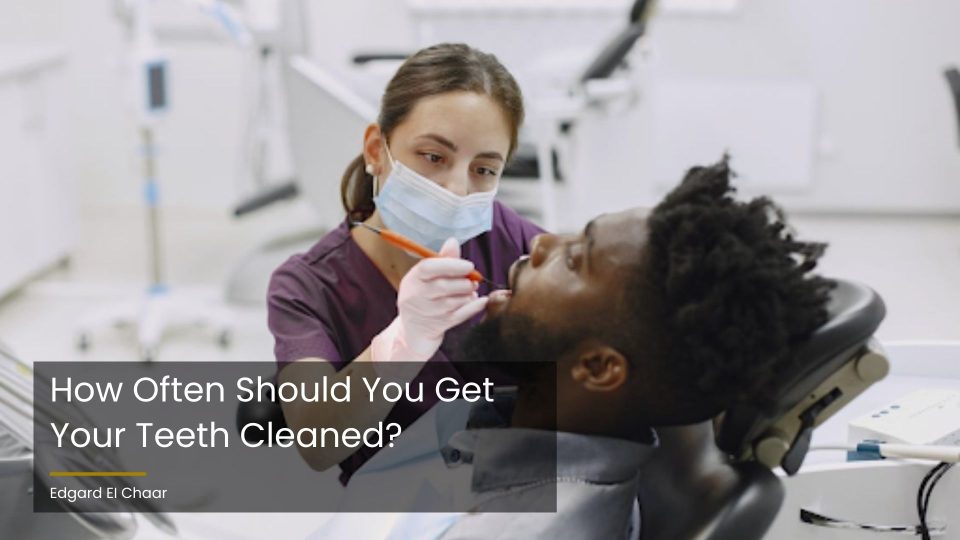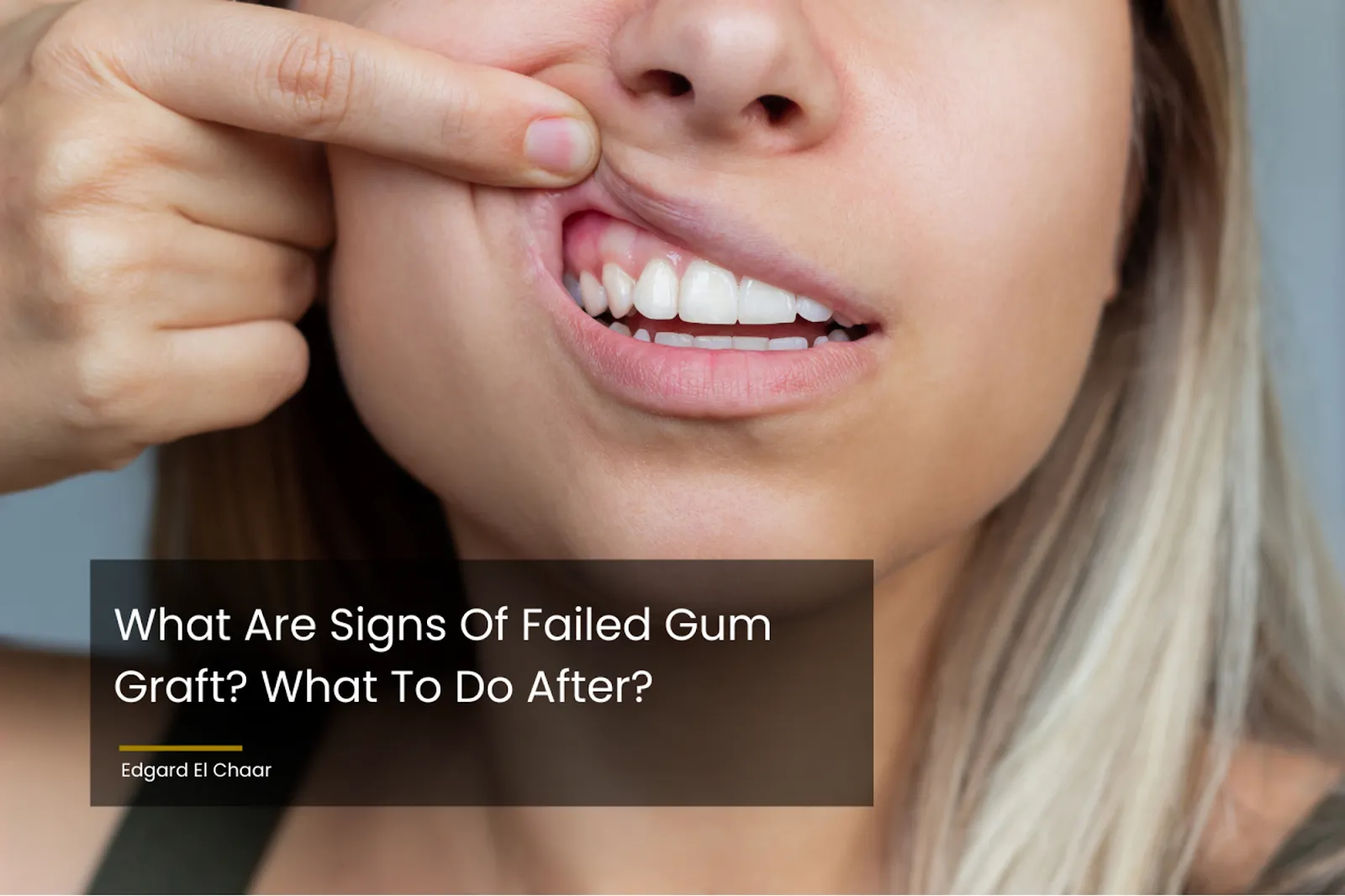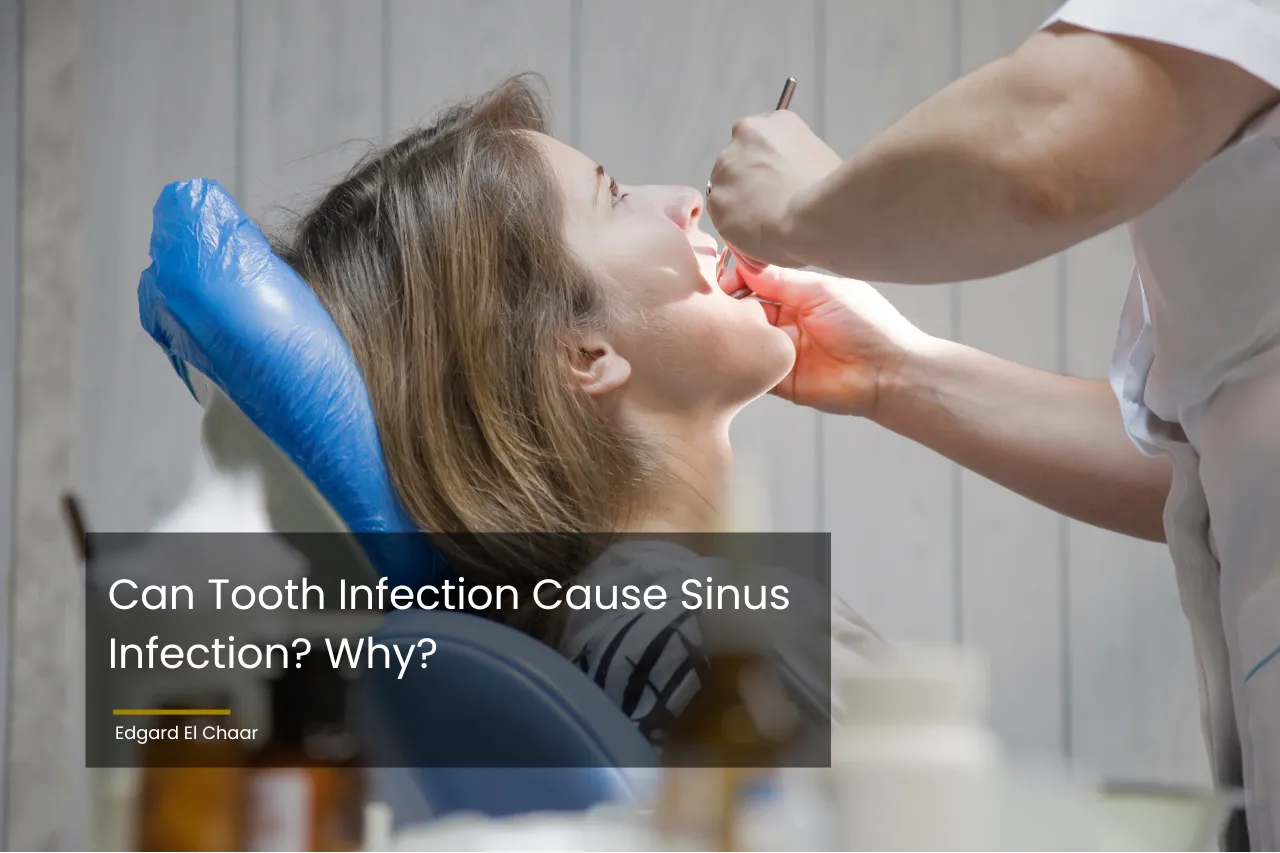How Often Should You Get Teeth Cleaned?

How Painful Is A Sinus Lift and How to Manage the Pain?
04/07/2023
Can I Brush My Teeth After Tooth Extraction?
04/09/2023One of the most crucial actions you can do to safeguard your dental health is to have your teeth cleaned. Most patients should see their dentist for normal oral exams and cleanings every six months. Still, in some circumstances, such as when a person has periodontal disease, additional repeated visits may be required.
Risks of Skipping Teeth Cleaning
Many frequently miss their regular dental cleanings because they believe there won’t be much harm done. If you believe skipping regular dental cleaning is no big concern, you may be surprised to learn how crucial regular cleanings are to not only your dental health but your overall health..
Plaque and Tartar Build-up
Plaque and tartar progressively build up on teeth. Even those who regularly clean and floss their teeth develop plaque and tartar on their teeth.
This is the reason why everyone should get their teeth cleaned at the very least every six months. Regular checkups like this will aid in preventing tartar and plaque accumulation.
Tooth Decay and Gum Disease Are More Likely to Happen.
In adults, gum disease is one of the main factors associated with tooth loss. It’s a highly avoidable disorder that can start as gum inflammation before fast progressing to disease and damaging both the gum tissue and the tooth supporting bone. If treated early enough, the illness can be reversed; otherwise, you could lose your teeth. Gum disease may be prevented in large part by having regular professional teeth cleanings, checkups, daily flossing, and twice-day brushing.
Neglecting your teeth carries the most significant risk of eventual tooth loss. Your smile, face shape, and capacity for regular speech and chewing can all be lost to gum disease as well as tooth decay.
=> Maybe you’ll be interested in: Can you get dental implants with gum disease?
Bad breath and Poor Oral Hygiene
Nobody wishes to be the one everyone stays away from because of their foul breath. The foods you consume, smoking, and the accumulation of germs in your mouth due to poor dental hygiene are all temporary causes of foul breath. Persistent foul breath may be a disease’s first warning symptom. If you have recurrent foul breath, consult your dentist to receive treatment and safeguard yourself against illness.
When Should You Get Your Teeth Cleaned?
As a general rule of thumb, most dentists will advise coming in for a cleaning every six months. This enables your dentist to examine your teeth and inform you if any issues need to be addressed, such as a cavity or gingivitis.
Types of Professional Teeth Cleanings
The three main types of dental cleanings are scaling and root planing, full mouth debridement, and prophylaxis.
While they all fundamentally result in cleaner teeth, they are all carried out differently and for various reasons. The following is all you need to know to completely comprehend why and when each sort of cleaning is carried out.
Preventative Cleaning
For healthy individuals who just require routine maintenance to ensure oral health, a prophylaxis cleaning, also known as regular cleaning, is carried out.
Root Planing and Scaling
Scaling and root planing, commonly known as a thorough cleaning, is normally only given to those who are either at a higher risk for getting gum disease or who have gum disease already.
Severe Debridement
To ascertain whether any tooth concerns were not previously discovered before the dental cleaning, a dentist may frequently do a full mouth debridement during a dental cleaning treatment.
Periodontal Maintenance
Similar to a regular teeth cleaning, periodontal maintenance removes tartar buildup from the teeth. Unlike a normal, preventative cleaning, periodontal maintenance is a treatment prescribed to combat periodontal disease.
Tips for Maintaining a Healthy Mouth Between Cleanings
The trinity of maintaining healthy teeth and gums includes brushing, flossing, and rinsing. But, there are additional benefits to keeping your mouth healthy for your general health. It takes more than giving up drinks, cigarettes, and sticky sweets to maintain healthy teeth and gums.
Brush and Floss Regularly
Brushing your teeth twice a day with the proper toothbrush and the right technique is one approach to keeping your mouth healthy. While you can brush whenever you like during the day, it’s important to clean your teeth at night. This is necessary for avoiding gum disease and tooth decay. You must also use fluoride-containing toothpaste.
No toothbrush can effectively clean the spaces between teeth as flossing can. Regular flossing is necessary to eliminate food particles stuck between the teeth. While flossing initially can appear challenging, with practice it will get more superficial. The advantages of flossing for health are numerous. It will lessen the chance of developing tooth decay, gum disease, and tooth sensitivity.
Avoid Sugary and Acidic Foods
Your teeth are harmed by foods, beverages, and snacks with high sugar content. They raise the acidity in the mouth, which leads to an increase in plaque and increases the risk of decay and damage to the surface of the teeth. You need to watch what you consume because of this.
Stick to a Healthy Diet and Way of Life
Keeping up with a healthy lifestyle will greatly help your oral health as well as your overall health. Avoid smoking unhealthy foods such as acidic sugary staining foods will be beneficial.
Check in With Your Dentist on a Regular Basis
You must routinely visit a dentist’s office if you want a mouth that is both gorgeous and healthy. No matter how frequently you brush and floss, getting a dental cleaning at a dentist’s office will improve your oral and dental health. Maintain your dental checkups, and you’ll notice a vast improvement in overall oral health. Also, you would receive advice on the steps you should take to enhance your general dental health.
- Call Us: 212.685.5133 or 212.772.6900
- Contact Us by Submitting This Contact Form
Source
Dagher, G. (2017). As Essential as Brushing Your Teeth: The Deep Squat. Journal of Evolution and Health, 2(1). https://doi.org/10.15310/2334-3591.1052
Bok, H. J., & Lee, C. H. (2020, December 31). Proper Tooth-Brushing Technique According to Patient’s Age and Oral Status. International Journal of Clinical Preventive Dentistry, 16(4), 149–153. https://doi.org/10.15236/ijcpd.2020.16.4.149
Choi, J. S. (2020, June 30). A study on Korean workers’ practice of brushing teeth after lunch. Journal of Korean Academy of Oral Health, 44(2), 97–101. https://doi.org/10.11149/jkaoh.2020.44.2.97






